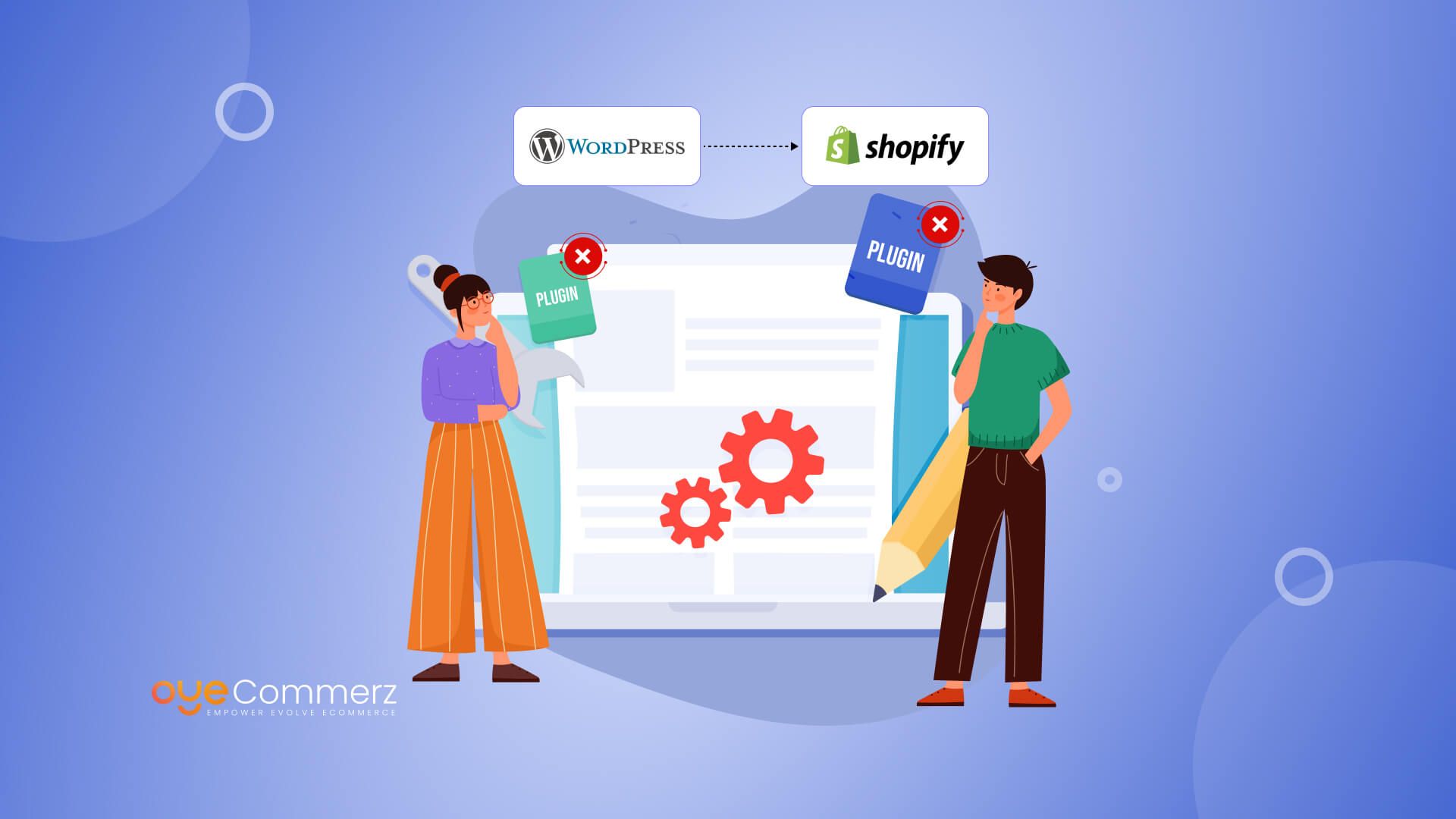In the dynamic world of eCommerce, selecting the optimal solution is crucial for your business's growth. If you’re presently using WordPress and planning a migration to an alternative, you’re not by yourself. Many businesses are shifting to leverage Shopify’s comprehensive features, ease of use, and expandability. This guide will walk you through the steps of migrating from WP to Shopify seamlessly, guaranteeing that you achieve your online retail potential.
Why Switch from WP to this platform?
Ahead of starting the migration journey, it’s crucial to know why this shift can be helpful for your online store:
User-Friendly Interface: Shopify provides an user-friendly interface that makes easier store operations, making it easier for non-technical users.
Scalability: As your company expands, Shopify can support greater traffic and transactions without compromising efficiency.
Integrated Features: Shopify includes integrated features for search engine optimization, analytics, payment management, and more, reducing the need for multiple plugins.
Robust Protection: With Shopify, you benefit from robust security measures that secure sensitive customer data.
Steps for a Seamless Migration
Migrating your digital shop from WordPress to Shopify requires several phases.
Here’s how to facilitate a successful transition:
Outline Your Migration Strategy
Kick-off by mapping out your migration blueprint. Pinpoint which aspects of your current site you want to migrate, such as:
Item details
User details
Order history
Posts
Pick the Best Migration Option
Considering your requirements, choose a migration plan that fits your eCommerce goals. Professional services provides several options:
Entry-Level Plan: Ideal for boutique stores with fewer products.
Regular Option: Recommended for growing businesses with more complex demands.
Advanced Plan: Excellent for high-volume stores demanding broad customization.
Secure Your Information
Prior to starting the migration, ensure that you have a comprehensive archive of your WordPress site. This step is critical in situations where anything goes awry Shopify professional support during the move.
Extract Your Content from WP
Utilize tools or alternative solutions to transfer key information from your WP site:
Items
Clients
Sales records
Articles
Migrate Information into Shopify
When you have your information retrieved, utilize Shopify’s built-in features WordPress vs Shopify features or external apps to upload your data into your Shopify store. Verify that all content is accurately formatted and placed.
Personalize Your Shopify Site
Following uploading content, customize your Shopify platform’s design to align with your style. Think about hiring a developer if you need complex customization.
Establish TransactionOptions and Shipping Options
Configure transaction methods and shipping settings in Shopify to facilitate a seamless checkout experience for customers.
Apply Search Engine Optimization Guidelines
To keep your SEO performance during the change:
Implement 301 redirects from existing URLs to migrated ones.
Revise meta tags.
Adjust visual content and text for SEO.
Review Your Migrated Shop
Before launching, completely check your new site. Identify any errors, checkout failures, or incomplete files.
Go Live Your Site
Once everything is in order, it’s the moment to go live! Inform the update to your clients and invite them to experience the updated capabilities of your Shopify store.
Post-Migration Guidance
Following releasing your updated store, ongoing help is key. Consider working with experts who can guide with:
Site maintenance
Marketing strategies
Performance optimization
Conclusion
Migrating from WP to Shopify can be a transformative step for your online retail. By adopting this guide and leveraging professional services like those offered by industry leaders, you can guarantee a effortless transition that improves your digital storefront. Accept the opportunity and discover the advantages of Shopify today!
